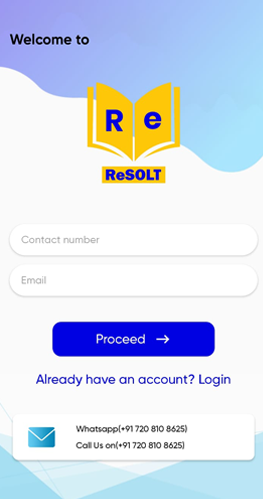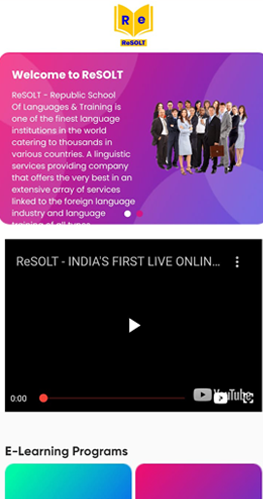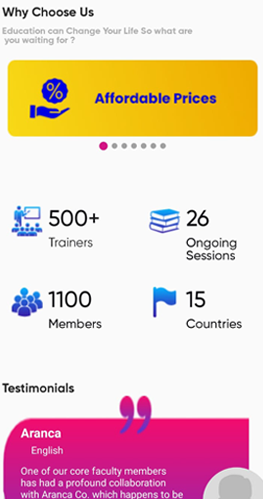Learning a new language can be an exciting and rewarding experience, opening doors to new cultures, opportunities, and connections. Spanish, in particular, is often touted as one of the easier languages for English speakers to learn, and for good reason. From its straightforward grammar to its widespread use across the globe, Spanish holds many advantages for beginners looking to dive into a new linguistic adventure.
Why Choose Spanish?
One of the most compelling reasons to learn Spanish is its prevalence. With over 580 million speakers worldwide, Spanish is the second most spoken language in the world, making it highly useful for travel, business, and social interactions. From Spain to Latin America and even parts of the United States, Spanish speakers are found in diverse regions, offering learners ample opportunities to practice and immerse themselves in the language.
- Simple Grammar Structure
For beginners, Spanish offers a relatively simple grammar structure compared to some other languages. Spanish nouns have gender (masculine or feminine), but the rules for gender are generally straightforward and predictable. Verbs are conjugated based on the subject, and while there are irregular verbs, they follow common patterns that can be learned with practice.
- Cognates and Vocabulary
Another advantage for English speakers learning Spanish is the presence of cognates—words that are similar or identical in both languages due to their shared Latin roots. Many Spanish words will look familiar to English speakers, making vocabulary acquisition easier. For example, “hospital,” “animal,” and “important” are nearly identical in both languages.
- Pronunciation
Spanish pronunciation is also relatively simple compared to languages with more complex sound systems. Once you learn the sounds of the Spanish alphabet, you can generally read and pronounce words accurately. Unlike English, where spelling and pronunciation can be quite unpredictable, Spanish follows consistent pronunciation rules.
- Available Resources for Learning Spanish
Beginners have access to a wealth of resources to aid in learning Spanish. From textbooks and online Spanish courses in Mumbai to online Spanish classes in Mumbai, language exchange programs and immersive experiences, there are numerous avenues to explore. Apps like ReSOLT offer interactive lessons tailored to different learning styles, while podcasts and YouTube channels provide audiovisual content for practicing listening and speaking skills.
Tips for Beginners
If you’re just starting your Spanish learning journey, here are some tips to help you get started:
- Consistency is Key: Set aside regular study time each day or week to practice Spanish. Even short, daily sessions can lead to significant progress over time.
- Immerse Yourself: Surround yourself with Spanish as much as possible. Listen to Spanish music, watch Spanish movies or TV shows, and try to think and speak in Spanish whenever you can.
- Practice Speaking: Don’t be afraid to speak aloud, even if you’re just practicing on your own. Speaking helps reinforce vocabulary and grammar concepts.
- Use Flashcards: Create flashcards for vocabulary and verb conjugations to review regularly. Apps like Anki can also be helpful for spaced repetition learning.
- Find a Language Partner: Consider joining language exchange platforms or finding a native Spanish speaker to practice with. Conversation practice is invaluable for improving fluency.
Conclusion
While learning any new language requires dedication and effort, Spanish offers many advantages for beginners. Its widespread use, simple grammar structure, and abundance of resources make it an accessible and rewarding language to learn. By staying consistent, immersing yourself in the language, and practicing regularly, you can make significant strides in your Spanish proficiency and open doors to new opportunities and experiences. You may also consider Spanish institute in Mumbai to make learning fun and easy.



















